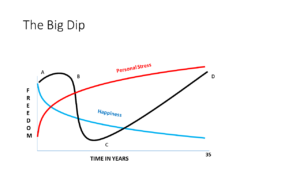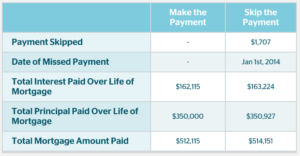
By Brent Reynolds, Capital One
Special to the Financial Independence Hub
As social media becomes ever prevalent in our lives, we have become increasingly accustomed to sharing personal details with friends, family and coworkers. While there’s certainly no harm in sharing vacation details or family photos with your network, this culture of sharing can lead to troubling consequences when it extends to personal financial information.
In the spirit of Fraud Prevention Month – an educational campaign each March that encourages Canadians to recognize and reject fraud – I’d like to offer a few tips to help empower Canadians to be their own first line of defense.
Protect your personal details
Our recent fraud prevention study found 47% of Canadians have shared their credit card number over the phone, via email or through the mail. One in five Canadians (22%) also admit to sharing their banking information via email, where the risk of phishing is high.
When it comes to sharing your personal information, always be cautious. Whether it’s over the phone, in person, through the mail or on the Internet, always know who you are sharing your personal or financial information with and why. If a call or email seems questionable, end the communication and visit the company’s secure website to contact them directly.
Select a strong PIN and protect it
While it may seem harmless to share your PIN with family members (in fact, 40% of Canadians admit to doing it), a PIN should never be shared with anyone. Select a secure and difficult-to-guess PIN that isn’t based on personal information like a birthday, address, SIN number or telephone number. Make sure you choose a unique PIN for each card. And, when accessing an ATM or paying with your card, be aware of who is around you and cover the keypad when you enter your PIN. Finally, if you’re going to store your PIN somewhere, make sure you choose a secure location and never write it on or store it near your card.
Take advantage of any features your card issuer offers







